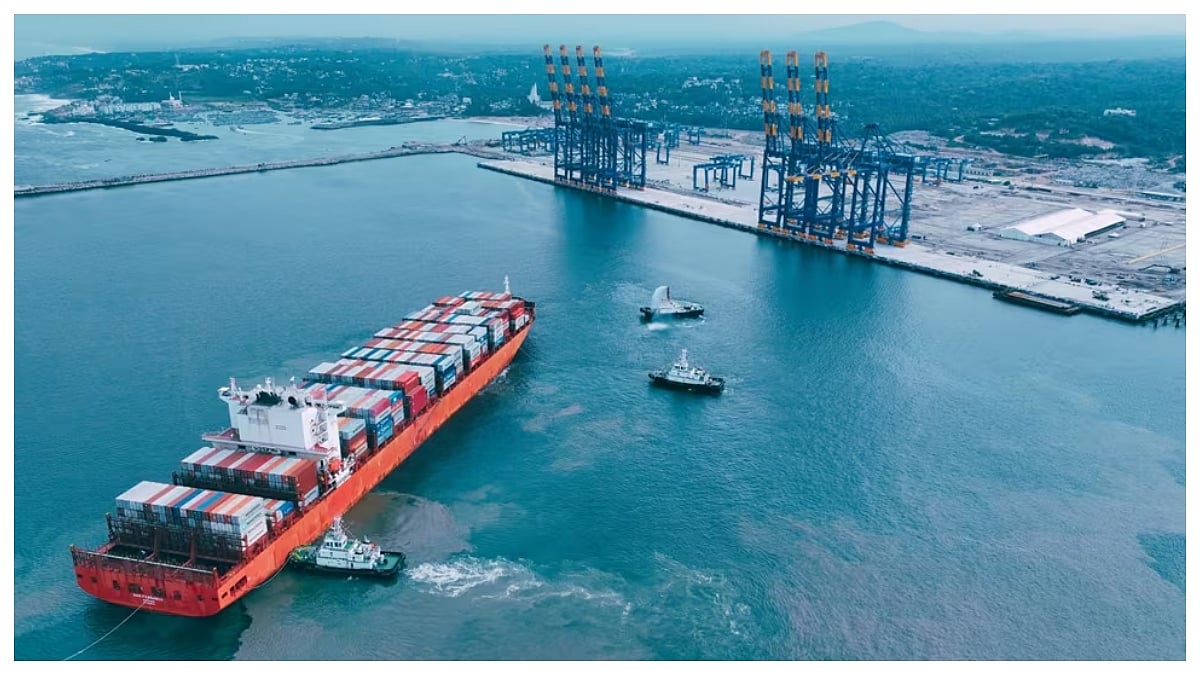‘Ae dil hai mushkil jeena yahan, zara hat ke, zara bach ke yeh hai Bombay meri jaan…’ Johnny Walker sang this on screen, in Mohammed Rafi’s voice, exactly 60 years ago. The song shows the hustle and bustle of Bombay in the 1950s and much of it will be familiar to us even today — crowds, traffic, and of course the grand sweep of Marine Drive and the monumental VT station. Only the trams are missing — they were stopped four years after that.
OVER the years and decades, a variety of reasons have contributed to the sorry mess that this city finds itself in. The authorities will point towards rising population, but it is the job of city planners to ensure that this is anticipated. Where the city has failed, or rather the city’s administrators have failed is to plan adequately. That is as much a bureaucratic and political failure as it is of imagination.
But the poet, in this case Jan Nisar Akhtar, is telling us about how tough it is to live in a city like Bombay. It is a cold-hearted place, full of mills, cars and tall buildings, but no humanity. He goes on in this vein, till his girl-friend, a paanwali, reminds him that Bombay is a city where you reap what you sow.
Apart from the nostalgia they evoke, the film and the song remind us that Bombay has always been a tough city to live, even survive in. Read old newspapers and you will find letters and stories complaining of things that are very familiar to us today— overcrowding, too many cars and buses on the road, rains causing flooding and most of all crowded trains. Yet, any old timer will tell you that it was never like this.
Just consider the first two days of the week: a bit of rain, pre-monsoon showers, not even the real thing, threw the railways system on both sides out of gear. On Monday, the theft of back batteries caused the western railway to come a halt. On Tuesday, central railway stations were under water, causing delays and cancellation. The same day cabbies went on a strike — it wouldn’t have even struck the unions to defer their strike, if only to make a bit of money. The taxi aggregators upped their fares—this has a scientific, modern name, “surge pricing”, though it is little more than profiteering.
The result was pure havoc. Commuters had to walk or wait hours before getting into a train. Many people couldn’t reach their place of work. In Diva, commuters came on to the tracks to protest, as if that solves anything. For the city, it was one of the most hellish days in recent memory and the monsoon has not even arrived yet.
The usual, annual ritual of saying that the city is “monsoon-ready” has become a tired old cliché. The public reads about it in the days before the rains and dismisses it— the waterlogging goes on and the train service is affected. (Here one would like to congratulate two services that manage to rise to the occasion— the city’s police are out on the roads, guiding traffic even if it is raining heavily. An even bigger applause for BEST, which, despite its problems, continues to operate. They even increased the number of buses on the road.)
There are of course countless numbers of nameless people – cops, conductors, drivers, safai karmacharis, engineers, railway employees – who work, with no fame or recognition to keep the city humming. And it is not as if they personally are responsible for the systemic failure during the rains or otherwise.
But the hard fact is that over the years and decades, a variety of reasons have contributed to the sorry mess that this city finds itself in. The authorities will point towards rising population, but it is the job of city planners to ensure that this is anticipated. Where the city has failed, or rather the city’s administrators have failed is to plan adequately. That is as much a bureaucratic and political failure as it is of imagination.
True, there are infrastructural constraints and the demand on services is increasing. But just let’s look at one small example — why is it that the roads in the BKC area, managed by MMRDA, are so well maintained? Or that Marine Drive does not experience flooding? Clearly, the authorities, whoever they may be, have the wherewithal, the funds, the knowhow and the inclination to manage the city, or at least parts of it. But these areas are where big business and VIPs live and work, so they get extra special attention.
As for the rail services, here one must acknowledge that the task before the railway authorities is overwhelming. The addition of new tracks, stations and trains has just not kept pace with the demand. And the city is growing north and eastwards. It is pure hell to get into a train during rush hours, especially if you live in the far north. The metros might make a difference, but that will take a few more years.
So does this mean that we the citizens are doomed to suffer till new projects come online? Sadly, yes. But this can be mitigated by concentrating energy and resources on things that matter. Priorities have to be defined— where is the need for spending money— on statues or marinas or indeed bullet trains when we cannot even run local services?
The Mumbaikar is an extremely patient and forgiving person. The day after the breakdown in transportation services, he (and more important, she) had moved on. The problems of Monday and Tuesday were forgotten. Some people call it the Mumbai spirit — it well might be the Mumbai desperation; knowing that nothing will change, the Mumbaikar just moves on, as he did 60 years ago.









